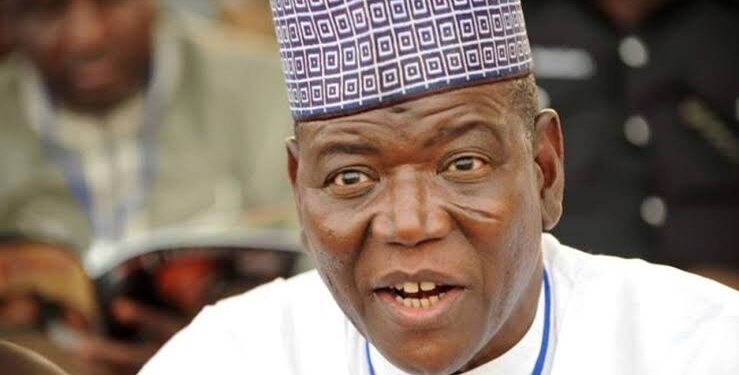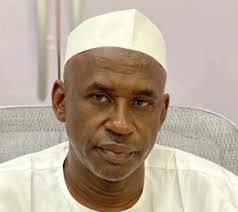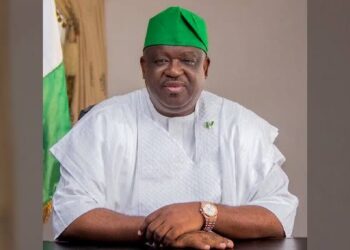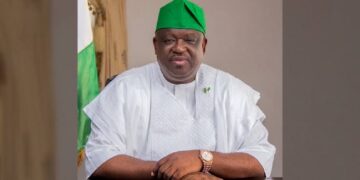Alhaji Sule Lamido, the former governor of Jigawa State and one of the founding members of the Peoples Democratic Party (PDP), has made a significant claim regarding the forthcoming local government elections in the state. According to Lamido, the high cost of nomination forms set by the Jigawa State Independent Electoral Commission (JISIEC) effectively means that the All Progressives Congress (APC) has already secured victory in the elections.
Lamido expressed his concerns through a post on his official Facebook page, where he criticized the steep fees required for candidates to run in the elections. The JISIEC has announced that the nomination forms will cost five million Naira for chairmanship positions and two million Naira for councillorship positions. Lamido argued that these amounts are prohibitively expensive for opposition parties, making it nearly impossible for them to participate in the election.
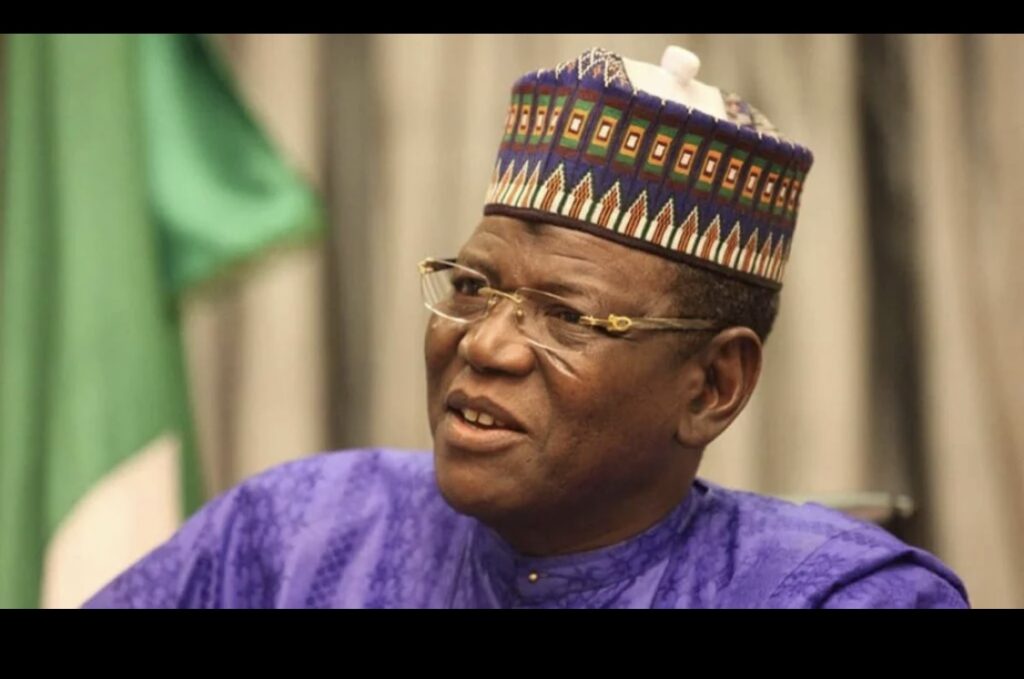
In his statement, Lamido suggested that the APC had effectively won all the chairmanship and councillorship positions across the 27 local government areas and 283 council wards in Jigawa State even before the election took place. He believes this situation arises because the high nomination fees discourage opposition candidates from entering the race, thereby ensuring that the ruling APC remains uncontested.
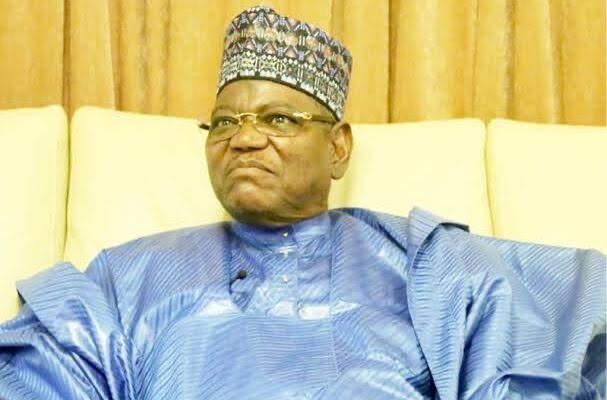
Lamido’s comments highlight a broader concern about the affordability of political participation in Nigeria. He pointed out that while other states are grappling with issues of poverty and hunger, Jigawa State is being praised as one of the most prosperous states in the country. This, he implies, is a misleading portrayal given the financial barriers placed on potential candidates, which undermine the democratic process.
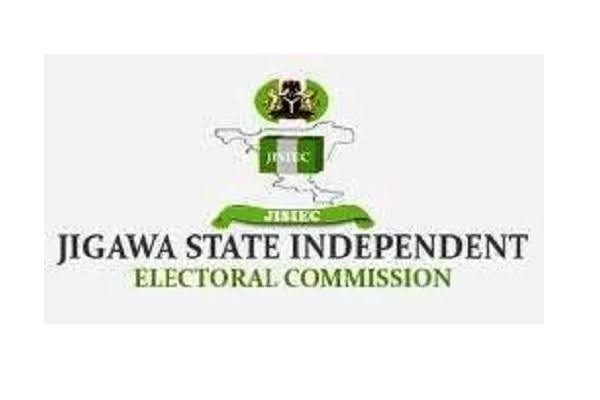
The high costs associated with political nominations can create significant barriers for smaller parties and independent candidates, potentially limiting the diversity of political competition and reducing the overall quality of democratic governance.
Lamido’s remarks bring attention to these issues and emphasize the need for more accessible and inclusive electoral processes.
Efforts to reach Alhaji Auwalu Harbor, the chairman of JISIEC, for a response to Lamido’s claims were unsuccessful. His telephone line was unreachable, leaving the commission’s perspective on the matter undisclosed. The situation continues to raise questions about the fairness and inclusivity of the upcoming local government elections in Jigawa State.


